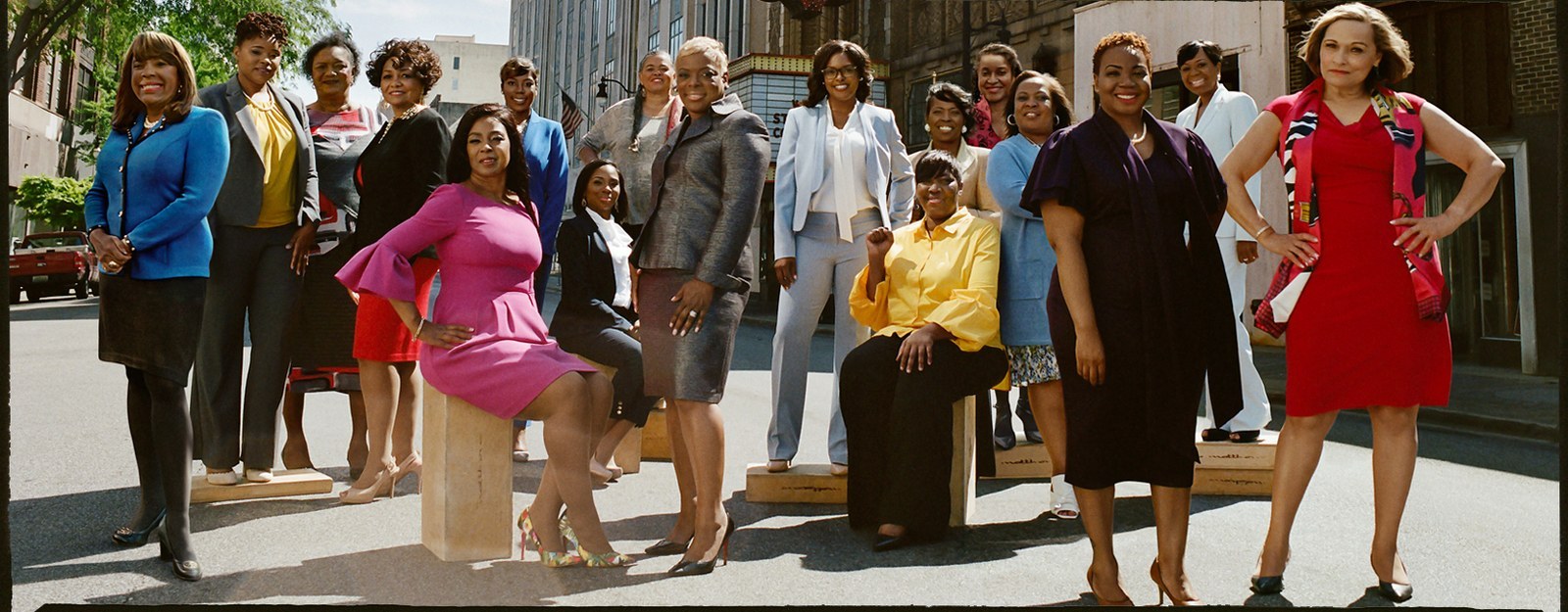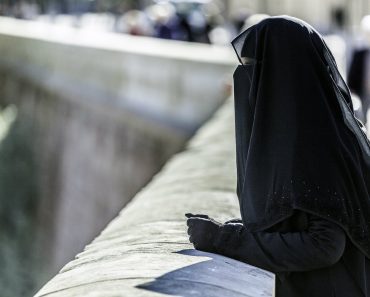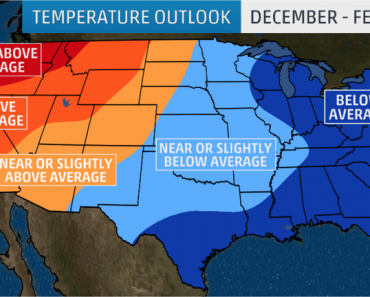
Photo: Shaniqua Jarvis
It’s one thing to acknowledge African-American women as the wheels of our political moment. It’s another to put them in the driver’s seat.
Black female voters drew national attention for their outsize performance in December’s special Senate election in Alabama. In 2018 several African American women will try to make history as candidates for Congress and statewide offices.
Empowered Fierce Climb
Last year, we saw the largest number of Black women running for public office at the statewide and federal levels. In all, more than 100 Black candidates campaigned for these elected positions. Twenty Five African Americans—10 of them women—sought statewide office in 2014. This compared to 17 in 2002, which held the previous record for Black candidates seeking statewide office in a general election.
Nationwide, nearly 600 black women are running for elected office in the United States this year.
After President Obama, black women strong voting behavior carried over into the 2016 presidential election. Ninety-four percent of black women’s votes went to Hillary Clinton, according to exit polls. Black women have also become key players in state politics in recent years, helping deliver the governor’s mansion to Democrats in Virginia in 2013 and 2017. Furthermore, they proved to be the most supportive voting bloc for the winning Democratic gubernatorial candidate in New Jersey.
But black women’s voting power and consistent support for Democrats hasn’t necessarily translated to seeing their needs reflected in policy. Last year, a group of high-profile black women activists and politicians argued that black women voters were taken for granted by the Democratic Party. They voiced their grievances in an open letter to DNC chair Perez that the party needed to better support this part of the base.
Undoubtedly, black women do need support. Black women are disproportionately affected by some of America’s most systemic crises, including police violence, excessive discipline in schools, sexual violence, and poor access to health care.
The Spark that Ignites the Revolution
The midterm elections provided a glimpse of Black women’s political imprint and their potential. Black women accounted for much of the increase in last year’s group of African-American political candidates. And then Alabama happened.
The win in Alabama shifted the playing field. Democratic Dough Jones bested Republic Roy More in the Alabama special election, ending a 25-year losing streak for Democratic Senate candidates in the state. Exit polls showed that Jones’s victory was largely due to the high turnout of black voters, especially black women.
The narrative that black women “saved America” by blocking Roy Moore from the Senate with their votes was picked up in media circles. Political strategists and journalists alike began swiftly moving to dissect what the Alabama performance might mean for political contests in 2018 and 2020.
Glynda Carr, a co-founder of Higher Heights, which encourages political engagement among black women, said the number of African American women running for higher office has grown steadily over the past several years. She cites a “role modeling effect.”
“When black women see black women in leadership roles, it motivates us to run for office.”









